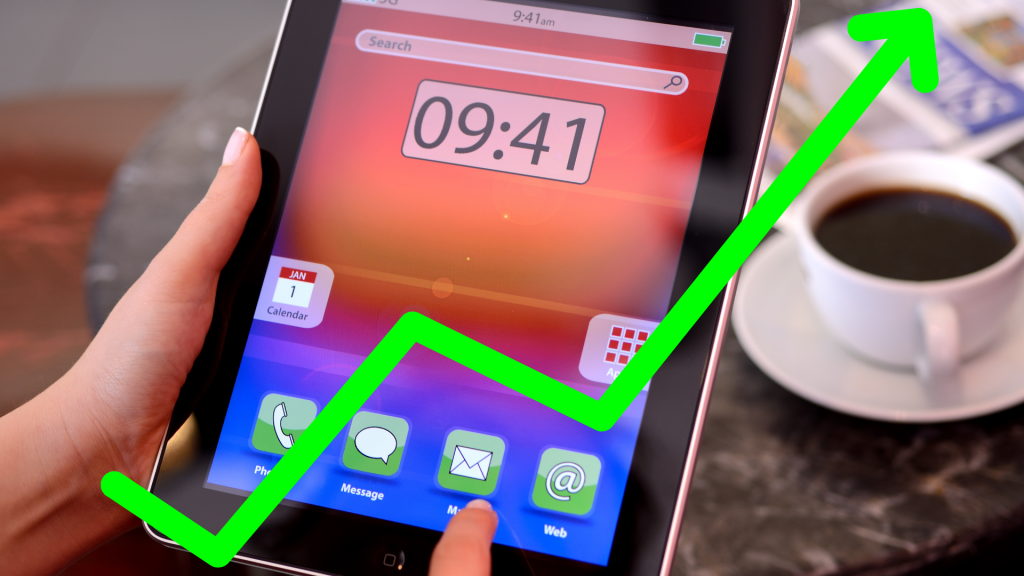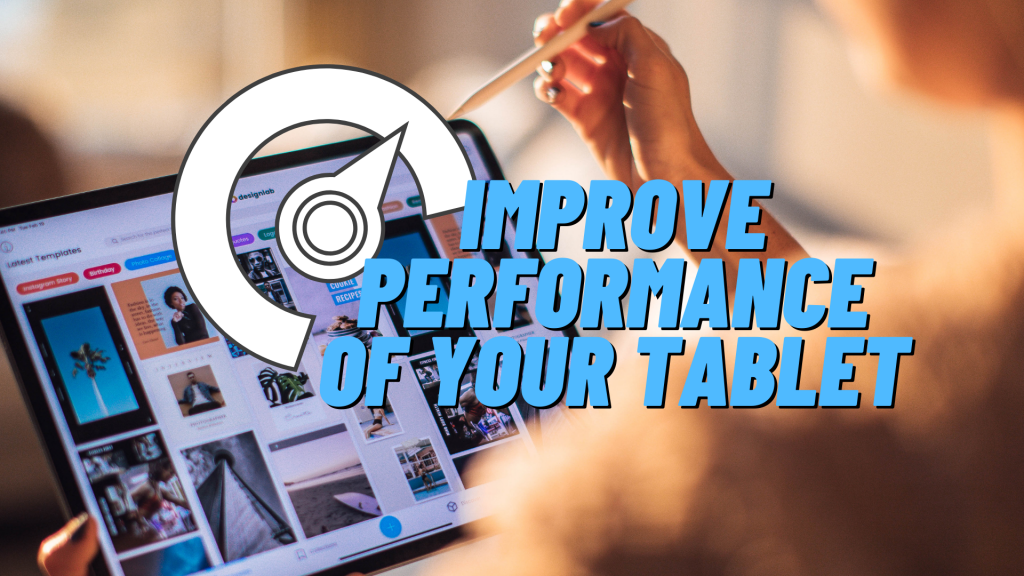Are you annoyed by the speed of your Scepter 8? Is it taking a long time to open apps, load websites or watch videos? Don’t be concerned; you’re not alone! This is a common issue for users, and it can be extremely frustrating.
But why is it so critical to resolve this issue? A slow can have an impact on your productivity, entertainment, and overall experience. Waiting for apps to open can be aggravating, and it can make simple tasks take much longer than they should. A slow can also be an indication of larger problems that must be addressed to ensure optimal performance.
Don’t let a slow stymie your productivity or enjoyment. Let’s look at some possibilities.
Possible Causes of Slow Performance
Let’s look into some of the possible causes.
- Inadequate Memory: One of the most common causes of a slow device is a lack of memory. If your has limited memory or storage space, it may struggle to run multiple applications or complete complex tasks.
- Outdated Operating System: A slow device can also be caused by an outdated operating system. Operating system updates can improve stability, security, and performance.
- Too many applications running at the same time: Having too many applications running at the same time can affect the performance. Each application consumes memory and processing power, and having too many applications open at once can cause your ’s resources to become overburdened.
- Malware or virus infection: malware or virus infections can also slow down the device. These malicious programs can run in the background, consuming resources and possibly stealing confidential information.
- Running out of memory: running out of memory can also cause a slow down. If your ’s memory is full, you may have trouble running applications or saving files, resulting in slow performance.
These are just a few possible reasons of your ’s slow performance. Next, we will look at some troubleshooting steps to improve it.
Troubleshooting Steps to improve Tablet Performance

Now, let’s go over some troubleshooting steps you can take to improve the performance of your .
- Clearing app cache and data: Clearing app cache and data can increase storage space while also improving app performance. To do so, navigate to Settings > Apps, select the app to be cleared, and then tap Clear Cache or Clear Data.
- Uninstall inactive apps: Uninstalling inactive apps can free up storage space and improve performance. To do so, navigate to Settings > Apps, select the app you want to uninstall, and then press the “Uninstall” button.
- Turn off background apps: Turning off background apps can free up memory and processing power. To do so, navigate to Settings > Apps, select the app you want to disable, and then press the “Disable” button.
- Update your operating system and applications: Updating your operating system and applications can improve the device and security. Go to Settings > System > Software Update and search for updates. You can also update apps by going to the Google Play Store and selecting “My Apps and Games”.
- Performing a factory reset: If everything else fails, a factory reset can restore your original settings and make your device faster. Go to Settings > System > Reset options and select “Factory data reset” to do so.
- Running antivirus or malware scans: You can identify and remove any malicious programs that are slowing down your by running antivirus or malware scans. You can accomplish this by downloading an antivirus or malware app from the Google Play store.
Tips to Maintain Optimal Performance
Some preventive measures you can take are listed below:
- Regular maintenance and updates: updating the operating system and apps on a regular basis, clearing the app cache and data, and running malware scans on a regular basis can all help to maintain optimal performance.
- Avoid installing too many apps: Installing too many apps can degrade the performance. Install only apps that you actually need and use.
- Proper storage management: delete files and uninstall apps you no longer use on a regular basis to free up storage space. To store larger files, use cloud storage or an external storage device.
- Use battery-saving techniques: By reducing screen brightness and turning off unnecessary features, you can improve speed and extend battery life.
By taking these precautions, you can keep your running at peak performance and avoid future slowdowns.
Final Words
In conclusion, if you’re experiencing slow performance, don’t despair. There are various solutions and preventative measures that you can take to optimize your ’s performance and maintain its longevity. By taking care of your , you can continue to enjoy its benefits for years to come.






